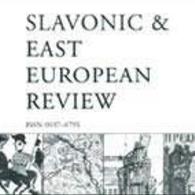This book is an important contribution to the ongoing academic debate on Europe and different modalities of European identity. The authors ventured to look at the concept of Europe from its margins, in some respects continuing the discussion started by constructivist scholars Pertti Joenniemi and Noel Parker. The question they raised about a decade ago — whether Europe can be (re)defined by its non-central actors — seems nowadays even more relevant for countries like Turkey and Kazakhstan whose political and cultural discourses include essential European components.
Countries of the South Caucasus should be definitely included in the list of European borderlands with hybrid and often fragmented identities, but also with a strong traction towards Europe expressed culturally, religiously or politically. Based on these examples of ‘partial Europeanness’, the authors of the book come to an important conclusion that ‘Europe should have different boundaries for different purposes, which points to a deeply political nature of these boundaries and their construction. Thus, as the authors mention, Morocco would not be considered for EU membership, but Cyprus became a member ‘although it was conventionally located in Asia and part of its territory was under Turkish jurisdiction’. […]
Read More © JSTOR/MHRA
Reviewed: White, Stephen and Feklyunina, Valentina, Identities and Foreign Policies in Russia, Ukraine and Belarus: The Other Europes. The Slavonic and East European Review, Vol. 95, No. 2 (April 2017), pp. 392-394.











